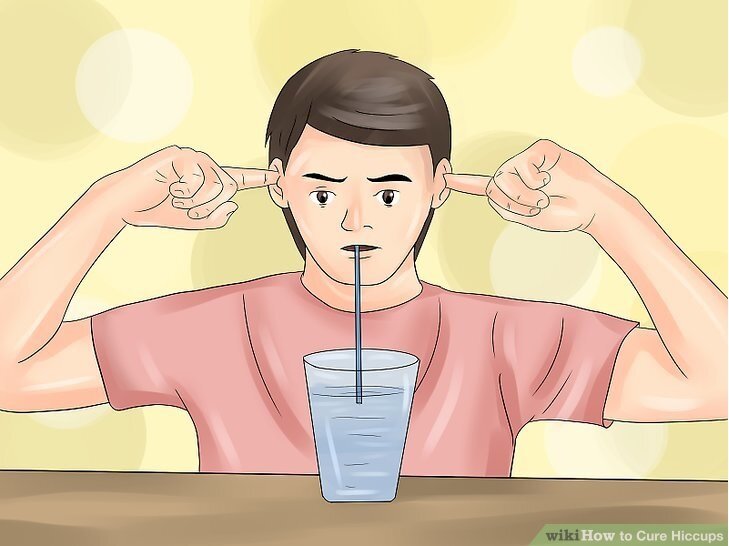Hiccups, scientifically termed singultus, are involuntary contractions of the diaphragm muscle, causing an abrupt closure of the vocal cords, resulting in a characteristic “hic” sound. While they are often harmless and temporary, persistent hiccups can be bothersome. Here, we’ll explore effective strategies to stop hiccups and prevent their recurrence.
Table of Contents
Understanding Hiccups
What are Hiccups?
Hiccups occur when the diaphragm contracts involuntarily, followed by an abrupt closure of the vocal cords. This creates the distinctive sound we associate with hiccups. They can be triggered by various factors, including eating too quickly, consuming carbonated beverages, or sudden excitement.
Causes of Hiccups
Common causes of hiccups include eating too quickly, consuming carbonated drinks, drinking alcohol, sudden temperature changes, excitement, stress, and certain medical conditions such as gastroesophageal reflux disease (GERD) or irritation of the nerves that control the diaphragm.
Quick Remedies for Hiccups
Hold Your Breath Technique
One popular method to stop hiccups is to hold your breath for as long as you comfortably can. This helps regulate the breathing pattern and may interrupt the hiccup cycle.
Drinking Water Method
Drinking a glass of water quickly and in small sips can help stimulate the vagus nerve, which may www.e2-e4.tv/. Swallowing the water helps reset the diaphragm.
Gargling with Water
Gargling with water can stimulate the back of the throat, potentially interrupting the hiccup reflex arc.
Home Remedies for Persistent Hiccups
Breathing into a Paper Bag
Breathing into a paper bag increases carbon dioxide levels in the blood, which may help regulate breathing patterns and stop hiccups.
Eating a Teaspoon of Sugar
Consuming a teaspoon of sugar can help stimulate the vagus nerve and interrupt the hiccup reflex.
Sipping Cold Water Slowly
Slowly sipping cold water can help relax the diaphragm and interrupt the hiccup cycle.
Medical Treatments for Severe Hiccups
Prescription Medications
In cases of persistent or severe hiccups, a doctor may prescribe medications such as muscle relaxants, sedatives, or medications that affect nerve transmission.
Nerve Block Injections
For persistent hiccups that do not respond to other treatments, a doctor may administer nerve block injections to temporarily block the nerves responsible for the hiccup reflex.
Prevention Tips for Hiccups
Eating and Drinking Habits
Avoiding overeating, eating slowly, and avoiding carbonated drinks can help prevent hiccups.
Managing Stress
Practicing stress-reducing techniques such as deep breathing, meditation, or yoga may help prevent hiccups triggered by stress.
Avoiding Overeating
Eating smaller meals more frequently can prevent overstretching of the stomach, which can trigger hiccups.
When to Seek Medical Help
While hiccups are usually harmless, persistent hiccups lasting longer than 48 hours or accompanied by other symptoms such as difficulty swallowing, vomiting, or abdominal pain may indicate an underlying medical condition and require medical evaluation.
Conclusion
Hiccups are a common and usually harmless phenomenon, but they can be bothersome if they persist. Fortunately, there are several effective remedies and preventive measures to stop hiccups and reduce their recurrence. By understanding the causes and triggers of hiccups, individuals can effectively manage and alleviate this common annoyance.




